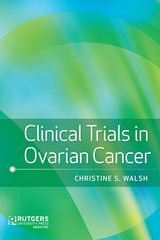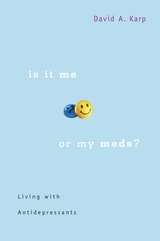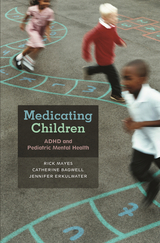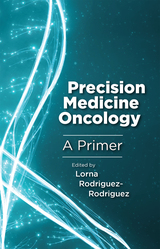

The advent of chemical or pharmacological therapies has had an enormous impact on the treatment of psychiatric illness. For the chemotherapy to be effective, however, the clinician must take into account many factors in addition to recognition of a syndrome and selection of an appropriate agent and dose. In this extensively revised and expanded edition of a widely used book, Ross Baldessarini concentrates on providing rational, scientific underpinnings for the treatment of patients. In doing so, he bridges the gap between biology, psychology, and clinical practice.
To provide the most up-to-date coverage of the actions and use of psychotropic agents, Professor Baldessarini has enlarged the text to nearly twice its original length and has added sixty-three new tables. More basic preclinical pharmacology is included to guide the thoughtful use of medication. In addition to summarizing this basic knowledge, the text reviews the indications for each drug, the kinds of patients most likely to respond, and side effects and contraindications, and provides summaries of clinical research findings on which rational clinical practice rests.
A chapter is devoted to each of the principal classes of psychotropic drugs: antipsychotic agents, lithium salts and other antimanic agents, antidepressant agents, and antianxiety drugs. Within each chapter is a new section that surveys the future of the field and examines new procedures, theories, and agents. A final chapter covers more general topics such as psychosocial, ethical, and legal aspects of practice in the administration of drugs, as well as the emerging topics of geriatric and pediatric psychopharmacology--material not readily available elsewhere.


By the millennium Americans were spending more than 12 billion dollars yearly on antidepressant medications. Currently, millions of people in the U.S. routinely use these pills. Are these miracle drugs, quickly curing depression? Or is their popularity a sign that we now inappropriately redefine normal life problems as diseases? Are they prescribed too often or too seldom? How do they affect self-images?
David Karp approaches these questions from the inside, having suffered from clinical depression for most of his adult life. In this book he explores the relationship between pills and personhood by listening to a group of experts who rarely get the chance to speak on the matter--those who are taking the medications. Their voices, extracted from interviews Karp conducted, color the pages with their experiences and reactions--humor, gratitude, frustration, hope, and puzzlement. Here, the patients themselves articulate their impressions of what drugs do to them and for them. They reflect on difficult issues, such as the process of becoming committed to medication, quandaries about personal authenticity, and relations with family and friends.
The stories are honest and vivid, from a distraught teenager who shuns antidepressants while regularly using street drugs to a woman who still yearns for a spiritual solution to depression even after telling intimates "I'm on Prozac and it's saving me." The book provides unflinching portraits of people attempting to make sense of a process far more complex and mysterious than doctors or pharmaceutical companies generally admit.


Precision Medicine Oncology: A Primer is a concise review of the fundamental principles and applications of precision medicine, intended for clinicians, particularly those working in oncology. It provides an accessible introduction to the technological advances in DNA and RNA sequencing, gives a detailed overview of approaches to the interpretation of molecular test results and their point-of-care implementation for individual patients, and describes innovative clinical trial designs in oncology as well as characteristics of the computational infrastructures through which massive quantities of data are collected, stored, and used in precision medicine oncology.
READERS
Browse our collection.
PUBLISHERS
See BiblioVault's publisher services.
STUDENT SERVICES
Files for college accessibility offices.
UChicago Accessibility Resources
home | accessibility | search | about | contact us
BiblioVault ® 2001 - 2024
The University of Chicago Press









